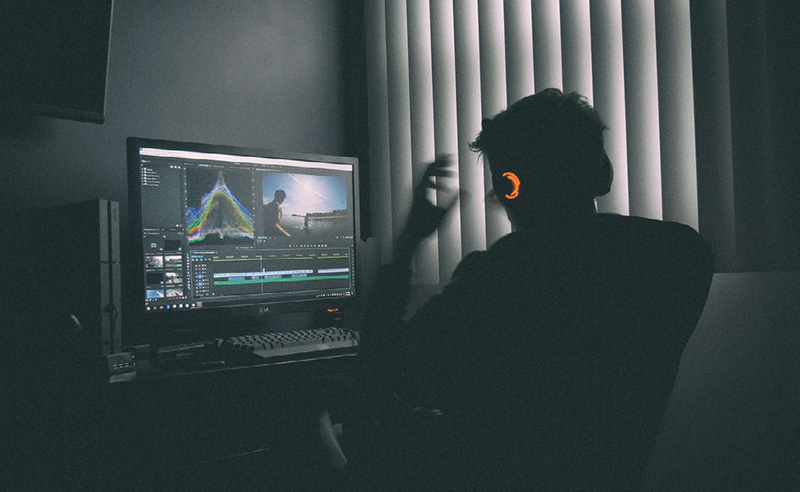
Think also about how we did these things. We exposed ourselves to high-quality audio content for days, weeks, months, years. We trained our ears and minds by repeating exercises on discerning panning positions, frequency alterations and dynamic processing. And we went out in the field and transferred that skill into real-world applications.
We received instant feedback from artists, audiences and our peers. We took our exposure to great-sounding material from reference tracks and tried to create great-sounding reinforcement in bigger spaces, combining technology and artistic decisions to transfer energy from the artist to the audience. We were able to do that because we were exposed to great sound – or we at least had the inside knowledge why it was sometimes lacking.
If we don’t maintain that skillset while trying to learn new ones, then how much better off are we going to be in returning to our work? What if we can’t use all the new knowledge because we’re struggling to recognize the finer details of sound so severely dismembered by the awful experiences we’ve been exposed to repeatedly over what’s now a significant length of time? And how long does it take to “train” our ears to be tuned to a slightly worse version of the audio content – are we willing to find out?
The Opportunity
I’m not saying, in any way, that we shouldn’t learn new things about our craft. I truly believe we have a great opportunity here to raise the quality of work in our field immensely by raising awareness about new concepts and brushing up on old ones. I’m also not suggesting that we avoid talking with friends and family members – it’s one of the big things that makes the current situation bearable.
What I am suggesting, though, is that we strive to maintain our listening skills and the art of critical listening. My advice is to take an hour a day, put on reference headphones or a pro-caliber monitoring system, and do some critical listening exercises as well. Remind ourselves how a well-produced vocal sounds, how a well-placed reverb can change the mood of a song, how panning can affect in-ear monitoring mixes.
Another thing we can do is to encourage (note the positive tone of that term) the folks who create online communication software, who create online content, who decide on audio formats for Netflix and other streaming services, that sound absolutely matters. It shouldn’t just be an afterthought, it needs to have its own seat at the table.
No one cares as much about audio quality as much as the people who make their living working with it. So we should fight for it. And until we succeed, we should make sure that convenience does not overrun our passion for quality. Stay safe and protect yourself – and make sure that includes protection from bad sound as well
